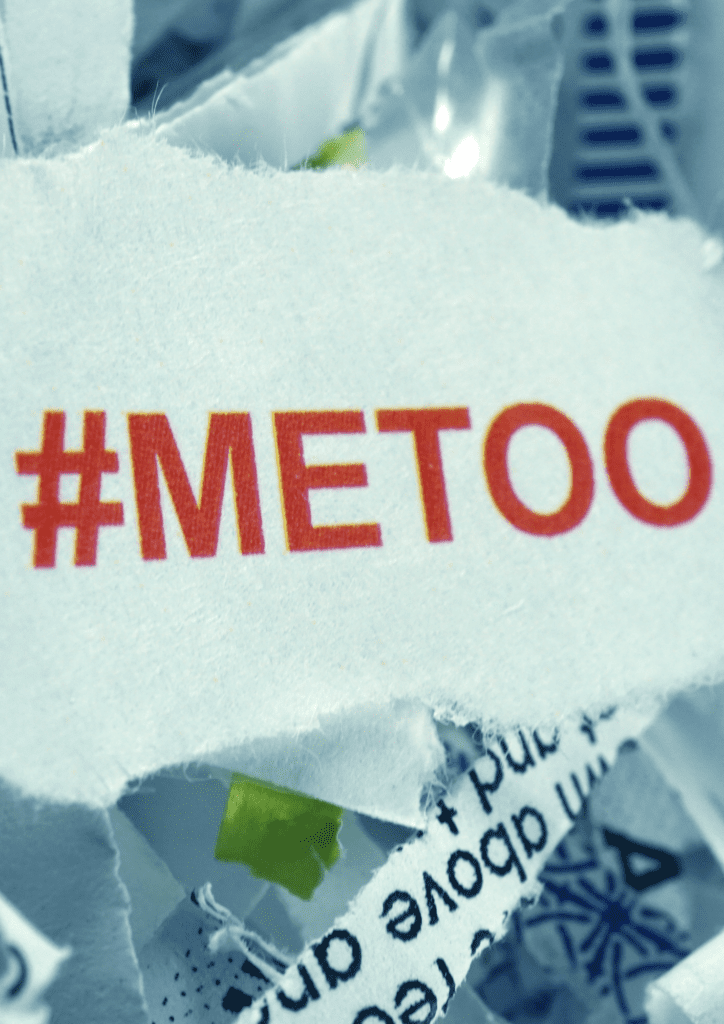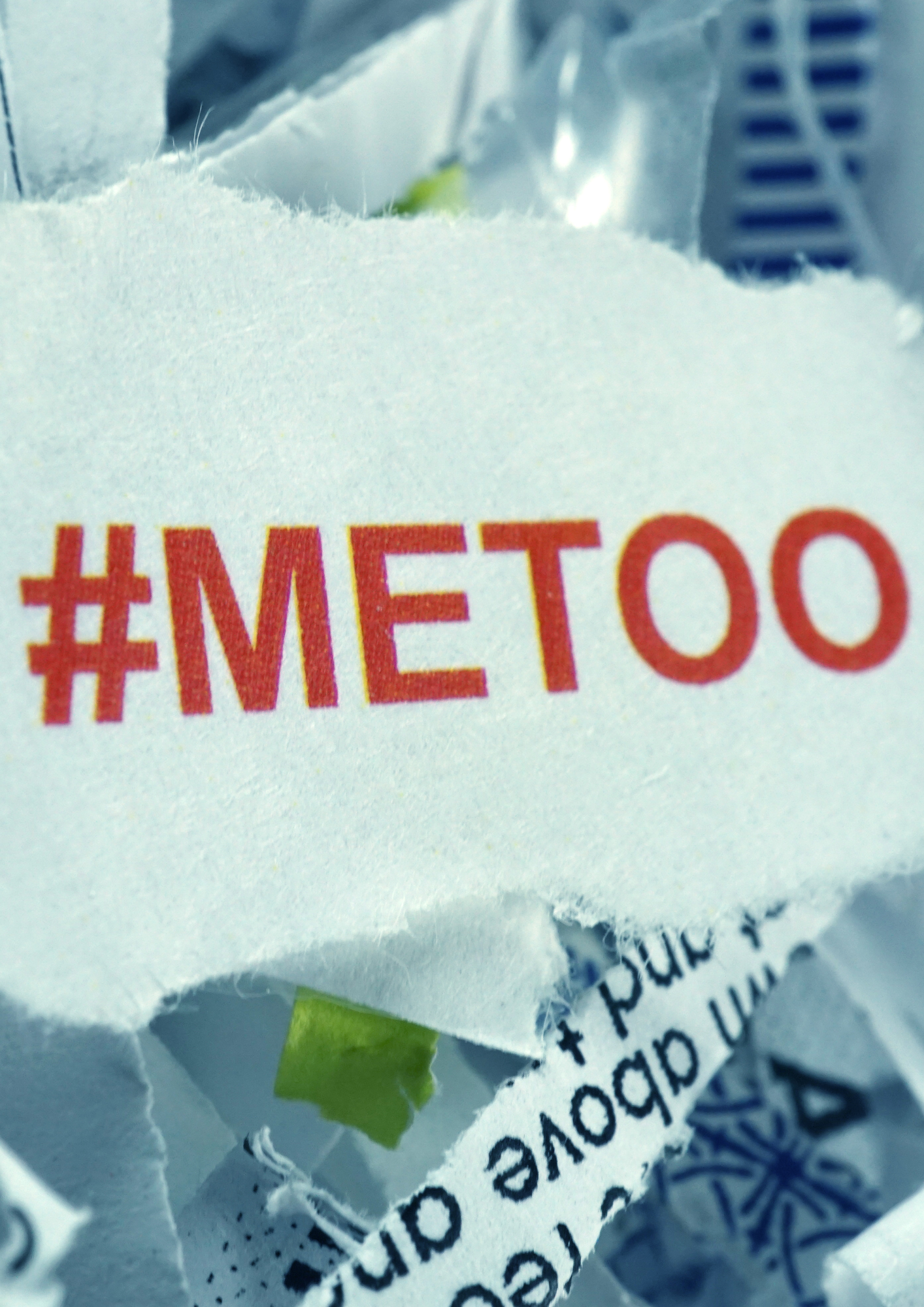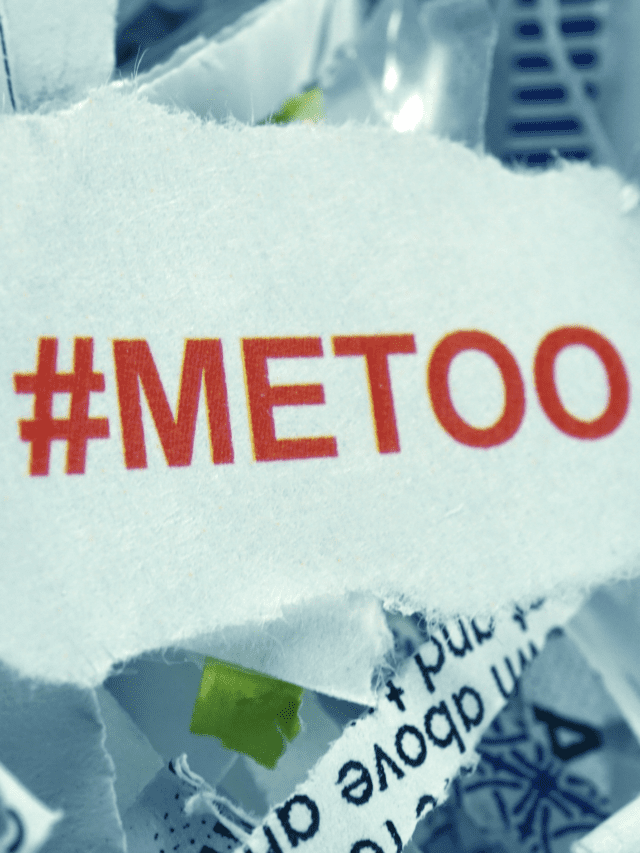
It has been five years since the #MeToo Viral Voice exploded on Social Media. Since then a lot of efforts have been made to sensitize society on Sexual Harassment Topics.
Over the years, the #metoo movement has been hugely successful in raising awareness of the issue of sexual assault and harassment. We have witnessed several ways in which such issues are dealt with.
Today, after five years, it is important to see, how has the viral voice-out made its journey in the world. Whether or not #MeToo has converted from online to offline as an empowerment and solidarity movement? Before checking out its impact let us understand the MeToo Movement.
What is MeToo Movement?
Table of Contents
The phrase “MeToo” was first coined in 2006 by the sexual assault survivor Tarana Burke as a social movement against sexual assault, rape culture, and sexual harassment, and was used in social media MySpace.
“Metoo” searches on Google spiked after the October 2017 New York Times story about Harvey Weinstein. Weinstein, a Hollywood production head, was accused of sexual harassment and assault by dozens of women. The New York Times story exposed the gender-based violence, convicted by Weinstein against women, the count of which went on to 100 as of 2020.
On October 16, 2017, actress Alyssa Milano galvanized Social Media by encouraging her Twitter followers to discuss their own experiences of sexual harassment and assault using the words “Metoo,” and soon the phrase turned into a Viral social media hashtag.
As per Google Trends, the Phrase “MeToo” saw its steep spike when Brett Kavanaugh was confirmed as an associate justice of the US Supreme Court despite multiple allegations of sexual assault or misconduct against him. (Brett Kavanaugh had denied all allegations, though)
He was nominated by then-president Donald Trump, who himself has been accused of sexual misconduct by nearly two dozen women. (In 2021, US Democratic senators found the FBI had failed to properly investigate the accusations against Kavanaugh.)
The buzz got slowed eventually.
“MeToo” has been a catch-all term for a lot of different things over the past few years. But what does it really mean? Was it a crusade against workplace sexual harassment, or was it about the broader problem of gender inequity? Did Alyssa Milano start it, or Tarana Burke, or Jodi Kantor and Megan Twohey? Did it end with the creation of Time’s Up, or with Brett Kavanaugh’s seating on the Supreme Court? Was it the dissolution of Time’s Up, or the Johnny Depp–Amber Heard trial?
What is it Now? Is it only Talks or things have changed on the Ground?
What #MeToo achieved in 5 years?
- The movement did shake up not just Hollywood, but many industries and countries.
- From Uber to Amazon to USA Gymnastics, powerful men got ousted from positions of power for committing or harboring misconduct.
- In addition to celebrities and CEOs, allegations keep mounting against restaurateurs, fashion photographers, journalists, politicians, and many more.
Tangible Effects
- Introduction of Intimacy Coordinators in the US sets with the purpose of preventing Sexual misconduct in a sexualized environment.
- Morality clauses were introduced in the contracts of Films and Television Studios that insisted on Appropriate Behavior inside and outside the workplace.
- Introduction of Inclusion riders—a clause an actor can insert in their contract that requires cast and crew on a film to meet a certain level of diversity—become part of the conversation.
- Detailed nudity riders start being written into contracts
- New SAG-AFTRA guidelines were introduced that discouraged meetings in hotel rooms and casting directors took note.
- Apart from the entertainment industry, several states banned employers from forcing workers into NDAs, which had been used to prohibit victims from speaking about violations suffered at work, and some banned NDAs in settlements involving claims of sexual misconduct. Other states passed new laws strengthening employee protections against sexual harassment and expanding the classes of workers covered by them.
- 22 states and the District of Columbia pass more than 70 workplace anti-harassment bills, as per National Women’s Law Center
- Silicon Valley behemoths like Google, Facebook, Airbnb, and eBay end forced arbitration in sexual harassment claims that kept complains private.
- Congress passes an overhaul of how it handles sexual harassment claims.
Intangible Effects
The movement’s intangible effects are harder to quantify, though no less significant.
In addition to good laws and funding to sue those who break them, two social mechanisms are necessary to combat workplace sexual harassment: Victims have to be willing to speak up, and people in power have to be willing to listen and take action.
The data suggest that #MeToo made it easier to do both. In the years following 2017, the Equal Employment Opportunity Commission reported a spike in the number of sexual harassment charges filed, as well as a major increase in total payouts from such cases settled by the agency. Surveys of employees and human resources professionals conducted after #MeToo found that companies were taking new steps to prevent misconduct, workers were demanding more transparency around sexual harassment policies, and boards of directors were taking an interest in the issue for the first time.
What’s Next for the #MeToo?
Burke took me too movement from its hashtag form and helped shape it into an organization to support survivors of gender-based violence. To mark the five-year anniversary, me too. International (official “me too” movement organization) is launching a “#BeyondtheHashtag” campaign to invigorate on-the-ground advocacy efforts.
From October 2022 through October 2023, the organization, in partnership local initiatives, will:
- Conduct more in-person community gatherings in multiple cities
- Release a limited series podcast featuring influential voices in the movement
- Conduct an impact study answering the question, “What has ‘me too.’ made possible?”
Question: Are women’s lives any better, and are they freer from sexual harassment, than they were five years ago?
There are frequent cultural debates around #MeToo when events get entangled with other baffling questions of certain acts of unwelcome advances, consented-to-but-unwanted sex, and workplace flirtations gone too far. Often in such situations when Gender relations are discussed, the solutions to the issues get faded into the Questions Cloud.
A movement against sexual harassment cannot help but touch on related matters, like office romances and deeply unsatisfying, regrettable sex; but when #MeToo started to unpack those situations, some began to protest that it had gone too far.
It’s hard to make progress on one specific issue in women’s lives when other, associated issues are going backwards. For example, it’s hard to make progress on women’s equality when there’s less reproductive autonomy or workforce participation. And it’s even harder when there’s a rise in white Christian nationalism and gender policing.
“MeToo” did start a conversation that was long overdue. The conversation still needs to be continued to have with a lot more intermingled questions to be asked, if we want to see real change in the way women are treated in our society.






